Browse this site's news, projects, and people highlights via any of the topics in the dropdown list or below each content description.
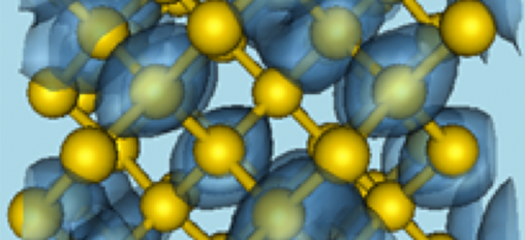
First-Principles Molecular Dynamics
This scalable first-principles MD algorithm with O(N) complexity and controllable accuracy is capable of simulating systems that were previously impossible with such accuracy.
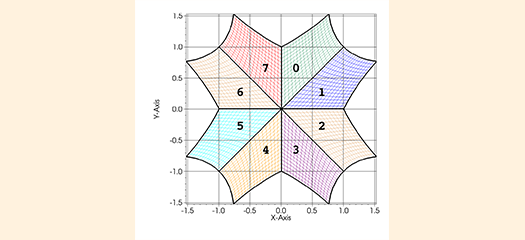
High-Order Finite Volume Methods
High-resolution finite volume methods are being developed for solving problems in complex phase space geometries, motivated by kinetic models of fusion plasmas.
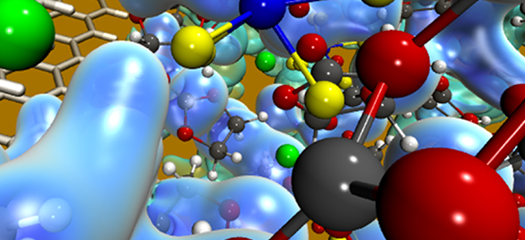
Qbox
LLNL’s version of Qbox, a first-principles molecular dynamics code, will let researchers accurately calculate bigger systems on supercomputers.
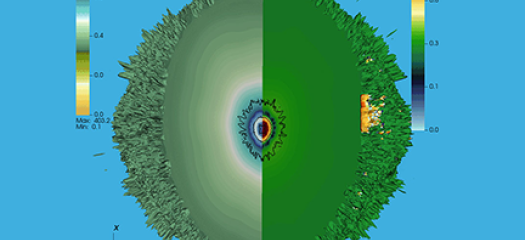
Breaking the ICE: ICECap looks to use exascale fusion simulations to pioneer digital design
A groundbreaking multidisciplinary team is combining the power of exascale computing with AI, advanced workflows, and GPU acceleration to advance scientific innovation and revolutionize digital design.
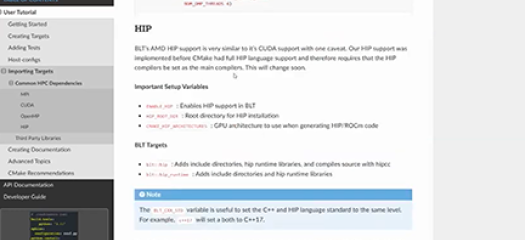
Video: HPC tutorials playlist updated for 2024
Follow along at your own pace through tutorials of several open-source HPC software projects.
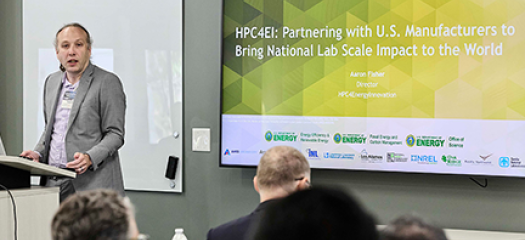
HPC4Mfg workshop gathers innovators for collaborative discussions
The event attracted more than 60 attendees from diverse sectors and featured discussions aimed at fostering new collaborations with various DOE offices and national labs.
